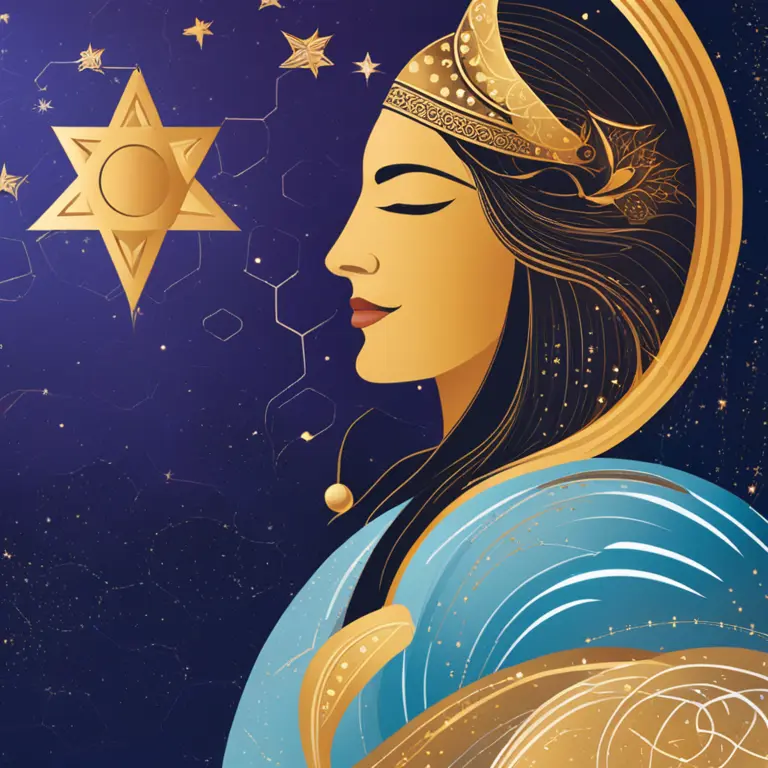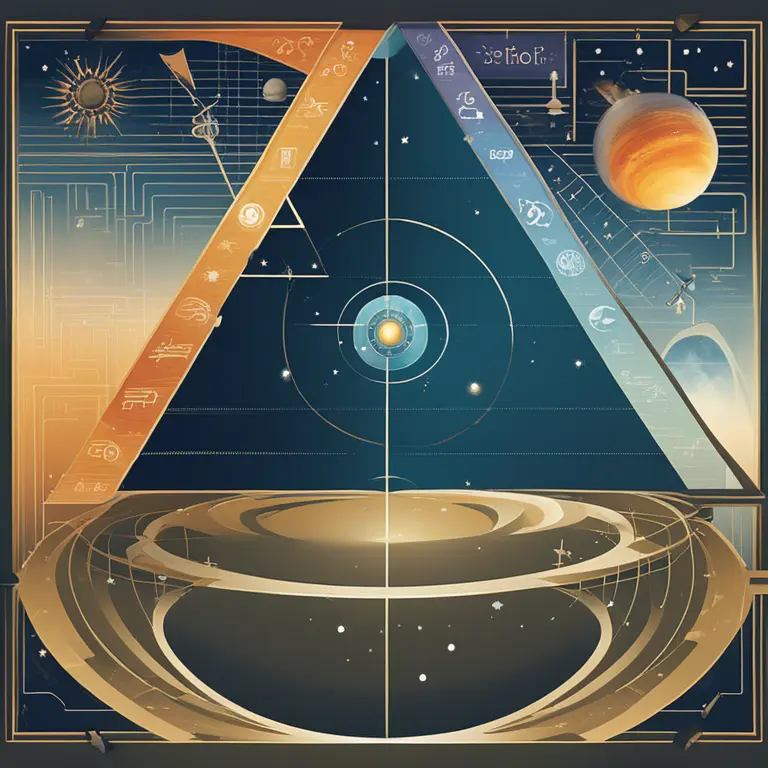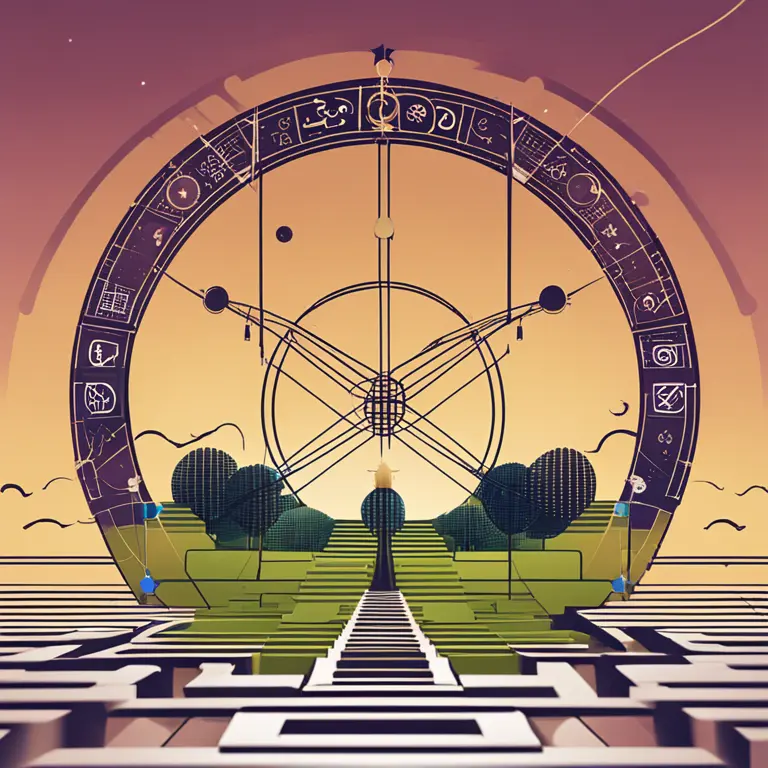
Does Astrology Hold Truth? An In-depth Look
Delve into the debate around astrology's validity and learn whether the stars can truly guide us or if it's just a myth.
article by Priya Deshmukh
The Enigma of Astrology's Effectiveness
Astrology has been a part of human culture for thousands of years, serving as a guide to personalities, destinies, and relationships. As we move into the year 2024, the practice is more popular than ever, with people turning to their horoscopes for daily insights. But, as technological advancements offer us increasingly empirical ways to view the world, the pivotal question remains: Does astrology really work? This age-old debate takes center stage as we examine the principles and the psychological underpinnings that lend astrology its enduring appeal.

Scientific Scrutiny and Astrological Claims
Skeptics argue that astrology lacks empirical evidence to support its predictions and insights. The scientific community generally regards astrology as a pseudoscience, pointing out the absence of mechanisms by which celestial bodies could affect individual humans on a personal level. Critics cite the Forer effect – the tendency of people to recognize vague, general statements as highly accurate for them personally – as a reason why astrology can seem eerily precise. However, proponents of astrology argue that there are realms of human experience not entirely captured by empirical science.

Cultural Significance and Personal Resonance
Astrology's strongest suit arguably lies in its cultural significance and the personal resonance many individuals experience. Throughout history, astrology has provided a framework for understanding the complexities of human behavior and relationships. In modern times, astrology thrives in online communities and on social media, pointing to a continuing human desire to find meaning in the cosmos. Astrologers reason that while astrology might not pass the rigorous standards of science, its value in providing comfort and reflection cannot be easily dismissed.

Technological Integration and Astrological Practices
As we embrace technology in nearly every aspect of our lives, astrology has not been left behind. In 2024, the intersection of astrology and technology is seeing advanced algorithms and personalized horoscope apps taking the experience of astrological consultation to new heights. This suggests that technology could be a tool for making astrology more accessible and tailored to individuals, thus enhancing its perceived effectiveness.
Considering Confirmation Bias
Each time astrology appears to 'get it right,' believers might attribute it to the accuracy of the astrological system, but this is a classic example of confirmation bias. Confirmation bias is the tendency to remember when predictions come true and disregard the times they do not. This common cognitive bias thus plays a crucial role in maintaining astrology’s credibility among its adherents, in the face of non-supportive evidence.
Mainstream Acceptance and Psychological Benefits
Astrology's mainstream acceptance, despite scientific skepticism, suggests there are psychological benefits that attract individuals. Carl Jung, the renowned psychologist, believed that astrology could be helpful in understanding personality archetypes. Psychologists today acknowledge that engaging with astrology can provide individuals with a vocabulary for self-reflection and a sense of control, often interpreting it as a form of narrative self-therapy rather than a deterministic belief system.
The Verdict on Astrological Practice
In conclusion, while the mechanisms of astrology may not withstand scientific scrutiny, its cultural and psychological impacts are undeniable. Astrology's true effect seems to lie in the individual’s use and personal belief in the practice, rather than in undeniable universal truths. As we look to the future, the intersection of technology and increasing personalization may continue to fuel the fire of astrology's popularity, regardless of empirical validation.
Published: 2/13/2024
Modified: 2/13/2024
More predictions
Come back here soon to learn more about yourself and your future


Mastering Tarot Basics: A Beginner’s Guide
Embark on a journey into the art of tarot reading with our beginner’s guide, covering fundamental concepts and practical how-to steps.


The Fusion of Tarot and Horoscope Insights
Discover how tarot horoscope provides personalized guidance by blending the wisdom of the stars with the intuition of tarot.


The Tarot's Queen of Pentacles: A Guide to Practical Wisdom
Delve into the significance of the Tarot's Queen of Pentacles and discover how this card symbolizes nurturing abundance and material mastery in readings.